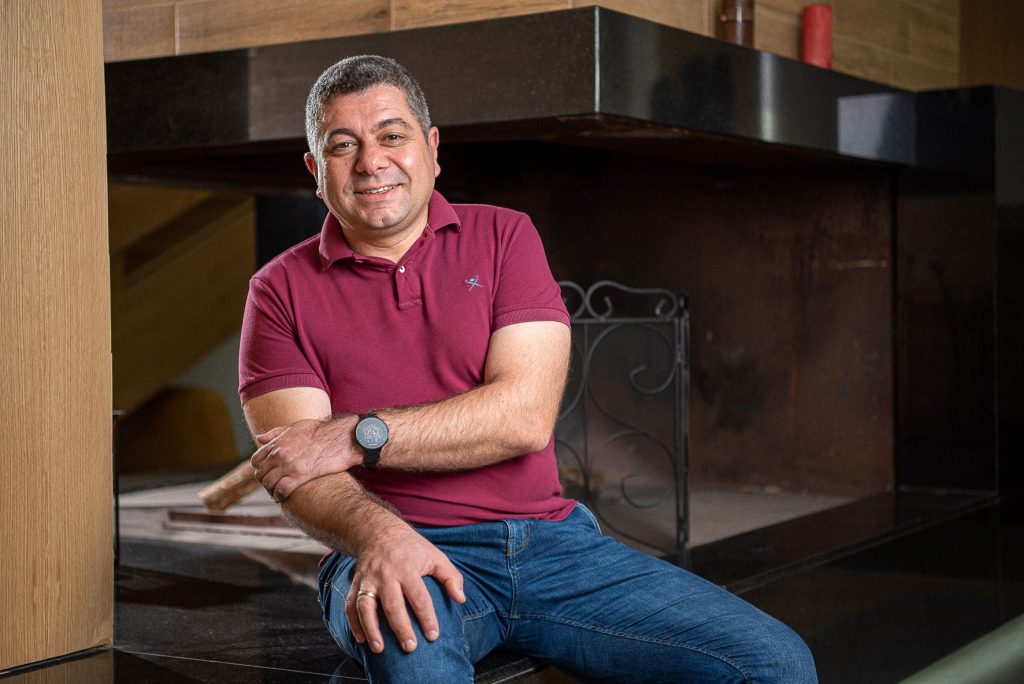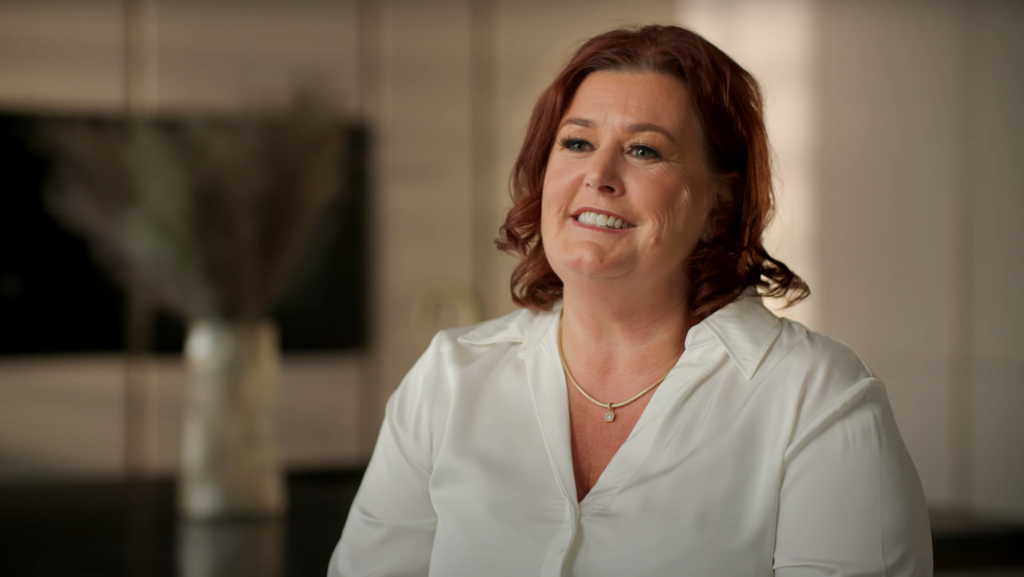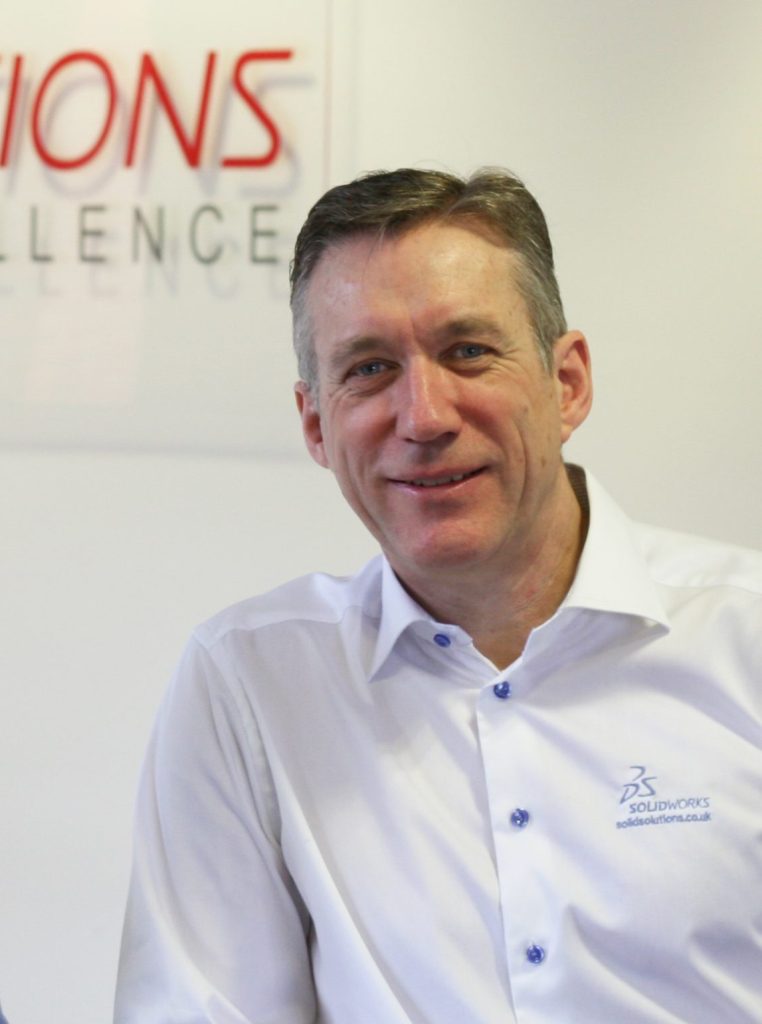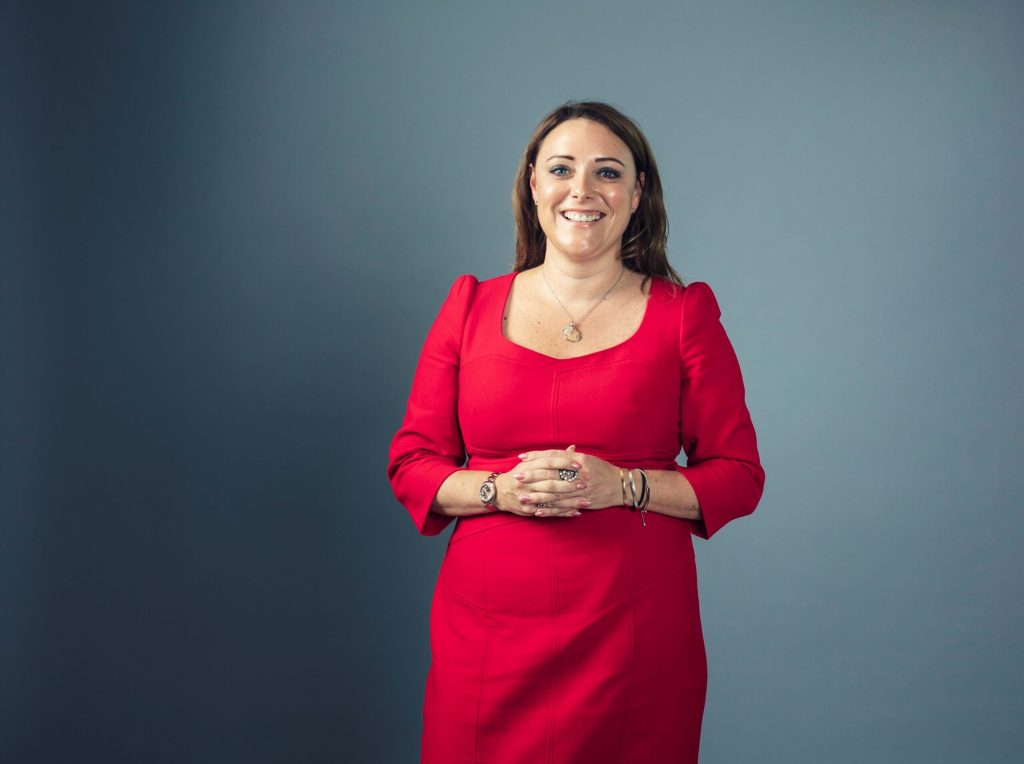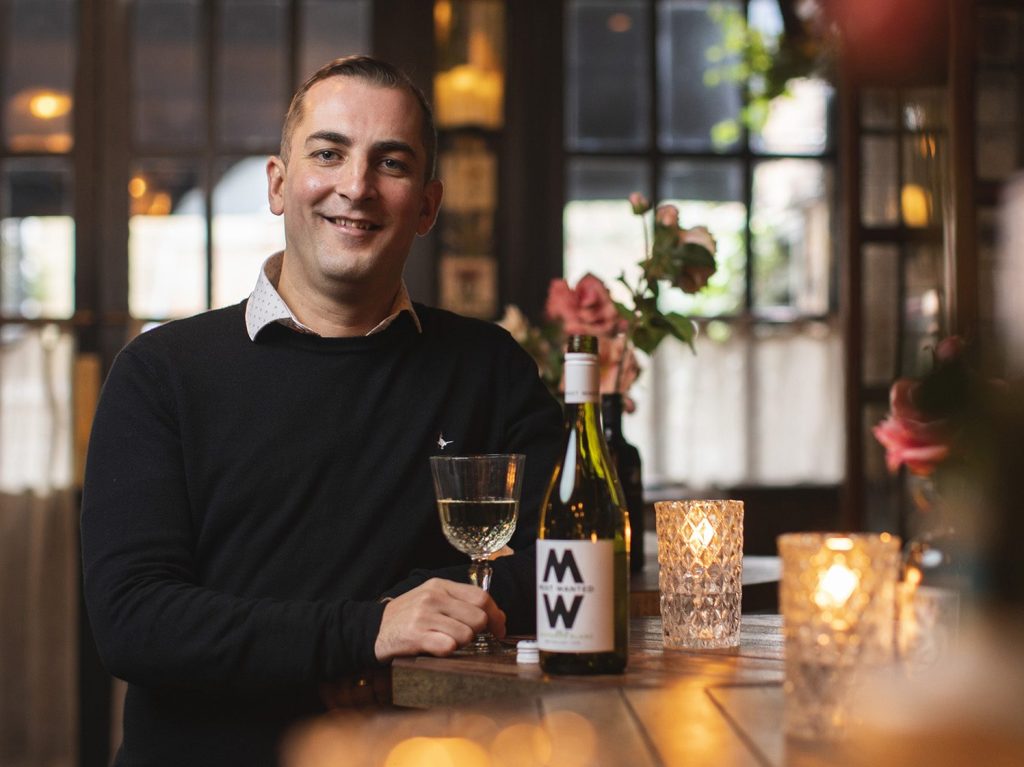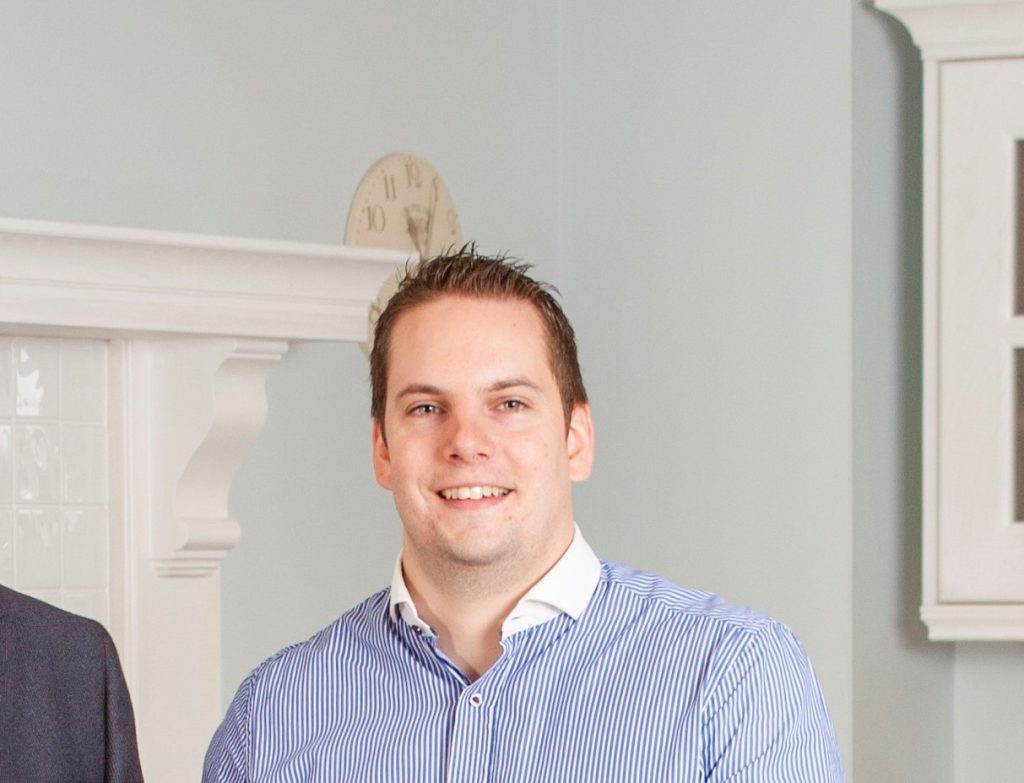Stories of Growth
Mark Roberts, Lightfoot: “Technology plus psychology”
As part of our Stories of Growth series, we hear from a founder developing technology described as ‘the Fitbit for cars’.
7 July 2022
BGF provided significant investment to Lightfoot in October 2018, to drive growth in the fleet business and support its recruitment drive. As part of the deal, ex-Dyson CEO Martin McCourt joined the company as an investor and non-executive chair, following an introduction via our Talent Network. We exited our investment in 2021, when Lightfoot was acquired by private equity firm Volpi Capital.
In this interview, we hear from Lightfoot’s founder, Mark Roberts, about how he started the business, investment from BGF, and its growth journey so far.
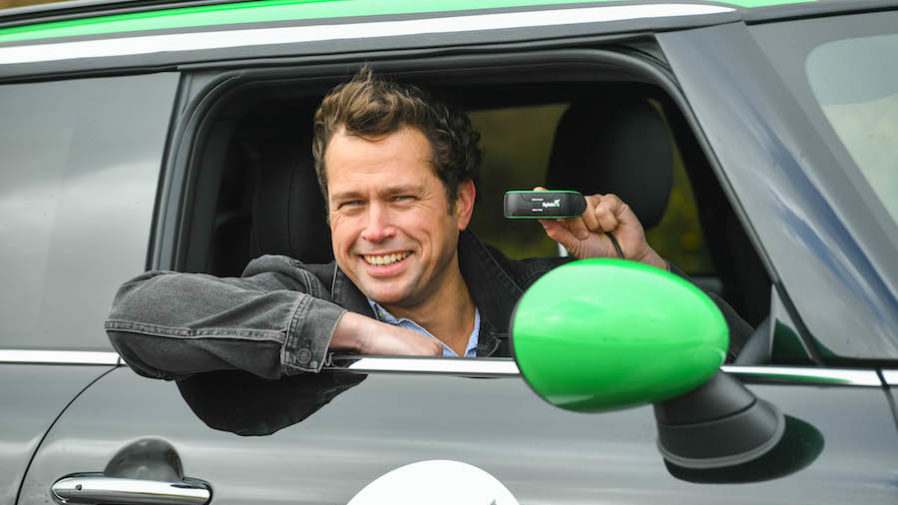
I never saw myself working in a big business. I have always operated a bit out of the mainstream. In the early days of the internet, I helped set up a social networking website called OldSchool.net, way before Facebook and Friends Reunited. It was spearheaded by a friend who had great technical ability, but the others – three of us in total – were at university, too busy living the student lifestyle, and we just didn’t follow it through.
When Friends Reunited sold for £175 million in 2005, my dad left an article on my bed with a note saying, “You should have stuck at it”. The moral of that story is that you never know what crazy idea could turn into something amazing.
After university, I went into banking and, within six months, confirmed my long-held belief that it wasn’t for me, so I left to start a car raffle business.
“I confirmed my long-held belief that banking wasn’t for me”
I spent years in airports selling dreams; people could buy tickets to win supercars – Aston Martins, Ferraris, you name it. I saw first-hand the passion for vehicles. People would stroke the cars lovingly. But, over time, I started hearing things like, ‘You’re evil’ and ‘You’re killing the environment’. It was a wake-up call. I exited that business, moved back to the UK and decided I wanted to get involved with cleaner, greener, more efficient vehicles.
Lightbulb moment
In 2008, I invested in someone down in Somerset who had an idea to turn a Ford Transit into a hybrid van. We had a battery and an electric motor – the battery adds power to the wheels and recharges itself by capturing energy when braking. We cut 15% of the vehicles’ emissions.
In 2010, we won a contract for 700 vehicles for government fleets. We started putting hybrid vehicles out on the road, but customers found that they weren’t seeing the 15% fuel saving. We looked at the problem and realised that ‘white van man’ wasn’t driving how we wanted him to drive. He was flooring it, using our electric power for extra speed, not getting the fuel saving.
Our solution was to create technology to plug into the engine and help the driver stay in the sweet spot of that engine. We tested it and it worked brilliantly; the drivers began driving the way we wanted them to drive. Then we had a lightbulb moment. Rather than selling hybrid vans, which are expensive to make and sell, why not sell the technology? That idea became Lightfoot.
Cash and prizes
Lightfoot is effective because it focuses on both technology and psychology. It’s not like Big Brother telling the boss you drove too fast, it’s about influencing behaviour by encouraging you to drive efficiently. If you drive how we want, you win cash and prizes.
Not only does the technology save emissions, it improves safety too. We began working with the insurance industry because insurers noticed a reduction in accident rates. We have since signed up big names like Asda, Tesco and Boots. We are giving them an up to 40% reduction in accidents and up to 15% fuel savings through positive engagement with drivers.
BGF came on board in 2018 to drive growth in our fleet business and support our recruitment drive. Between then and 2021, our revenues went from £3 million to over £11 million and the number of fleet vehicles using our technology grew from 14,000 to nearly 50,000.
In 2021, the time was right to take the business to the next stage. We agreed a deal with Volpi Capital, a private equity firm, which allowed BGF to exit its investment on favourable terms to all parties. With Rupert Lyon Taylor as CEO, we’re now eagerly looking to the next phase of growth and have a great partner in Volpi Capital to help realise our ambitions for the future.
Proudly UK-based
One of the great things BGF did for us was introduce us to potential chairmen via their Talent Network. We chose Martin McCourt, who had previously taken Dyson from one vacuum cleaner to a global megastar. The similarity is that we are a proudly UK-based, IP-led engineering business wanting to take over the world.
At our first board meeting, Martin said: ‘You’re a rocket ship, but as you grow, your problems grow, so hold back on growth and fix the problems first’. It was great advice because it helped us avoid issues that could have hurt us down the line.
“You’re a rocket ship, but as you grow, your problems do too. Fix the problems first.”
We have had mainly good times. There were a few bad times early on, but that was when I knew we had the right partner because BGF were really supportive and helped us turn things around. They weren’t major problems – a couple of big contracts that didn’t happen. We called a meeting and BGF rolled up their sleeves to help.
Middle of nowhere
I have five children so I don’t have time for much else besides work. I live between Dartmoor and Guernsey. I like being in the middle of nowhere, surrounded by dogs and children. In Guernsey, it’s all about boats and seaside and restaurants and a few glasses of wine – wholesome beach time.
I’m normally up by 4am. I don’t set an alarm. My favourite time to do work is before 7am because there are no interruptions. I can’t imagine doing my job without those hours in the morning. I go to bed insanely early. When I’m in Dartmoor, I go for a walk at dawn and that’s when I have my ideas.
I sleep well because the output of what we have created is all good. Every bit of success comes from improving safety, reducing emissions and reducing cost. Across tens of thousands of vehicles, we are reducing emissions by up to 15%. And we may have saved a few lives along the way. What’s not to like?
“We’re reducing emissions by up to 15%. And we may have saved a few lives along the way.”

